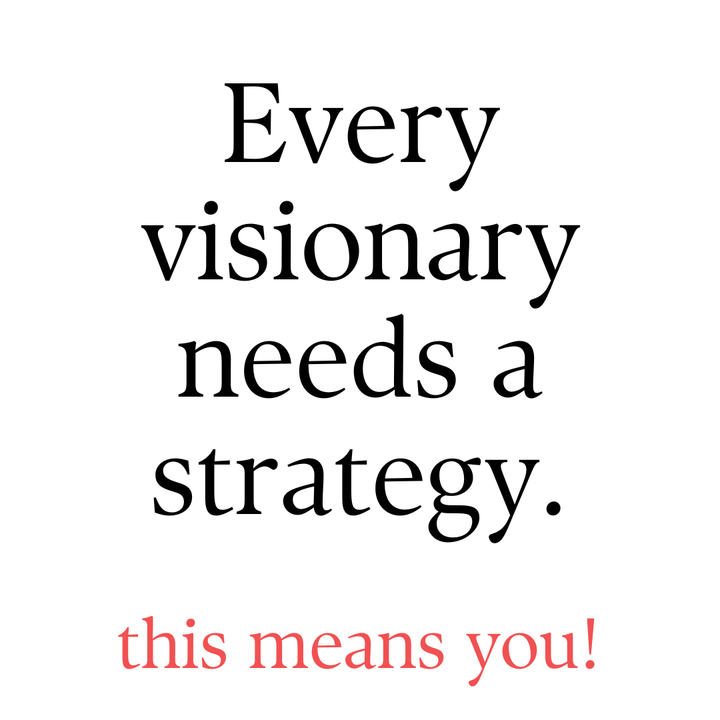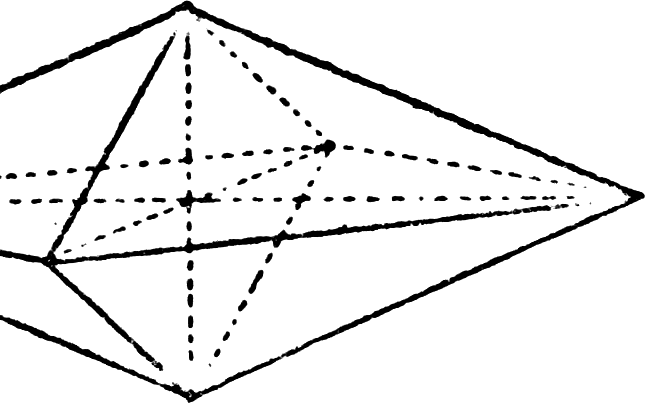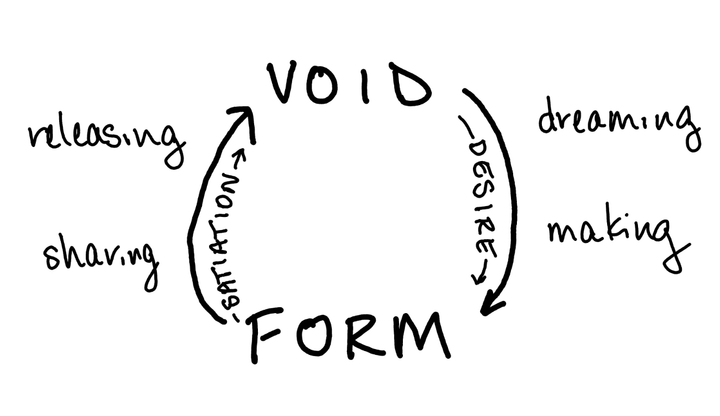Casual experiments in productivity
I don’t know what I believe anymore about getting things done.
I’m writing this while my toddler pushes trucks around on the floor, so I have one eye on him and an awareness that I don’t know how long I’ll have to work on this before I’m interrupted. (I actually was just interrupted in the process of typing this sentence, though fortunately just to discuss a particular toy car and not to intervene on a danger to life, limb, or unstained furniture.)
The prevailing theories, at least in pop productivity, seem to have me believing that I’ll never get anything done this way. I should set a timer and focus. I should put on brain-stimulating music. I should at least have a ritual to get started writing—a cup of coffee at least.
Oddly, the day before I went into labor I decided to try an online productivity tool (community? method?) called Caveday, in which you co-work on Zoom with a bunch of strangers from all over. The longer “caves” begin with introducing oneself in breakout rooms and sharing what one will “monotask” on, then one puts away one’s phone and does a group “thunderclap” (rubbing one’s hands together and then clapping, to enter the “cave”. There’s some facilitated celebration at the end, maybe a little stretching.
The day before I went into labor, I did a three-hour series of “caves” and it was the most focused I’d been in weeks. (Of course, I suppose it helped that I was, unusually, alone for once, and that I had a sense of wanting to finish and “clear the decks” before my due date in one week.) I remember emerging from the “cave” refreshed and relieved that focusing was still possible for me. I felt as though I’d found the solution.
Of course, then I had my baby a week early and my ability to follow a schedule was fully disrupted. Even if a baby was asleep at the time a “cave” started, there was no guarantee they wouldn’t wake up during it. If a baby finally went to sleep, there was no point waiting until the next cave started to try to get something done. (Caveday did have “solo cave” options, but those, too, tended to get interrupted or entirely forgotten about.)
Everything I’d believed about optimal productivity was disrupted. I’d believed I needed quiet, I’d believed I needed a focused amount of time, I’d believed I needed to prioritize, to sit down and decide what to focus on, to timeblock my days. All of that was out the window.
I need to believe something else. I need to believe that something will work for me in the context of my current life. I need to believe that there are other models, but every time I take a look around, I feel like it’s all about flow states and rituals and sitting quietly at one’s desk.
Sometimes I feel like I would kill to have regular access to a quiet office with a door that closes. Yet, when I had that, when I had a whole apartment to myself—what happened? I suppose I got a lot more done. I think? And yet many of those things weren’t that important. Didn’t really do anything for me. The perception of an abundance of time led to me taking on commitments that weren’t that important to me and investing my time in things that I thought I ought to be doing that didn’t really get me anywhere.
Maybe I need to redefine what I think I need to get started. Can I do good work without feeling grounded? Can I just take care of one tiny task—get in and get out? Can I just start willy-nilly with an un-prioritized list?
This is not the thinking I’ve been cultivating for the past decade, but I’m trying to be open.
I remind myself that so much in the pop psychology books, especially those in the area of productivity, aren’t really based on good science. (I’m enjoying the If Books Could Kill podcast lately.) And what works for others, or what works in general, might not be what works for me.
Can I take this area of my life as a casual experiment in how I get things done? Can I try some wild things? Why not?


